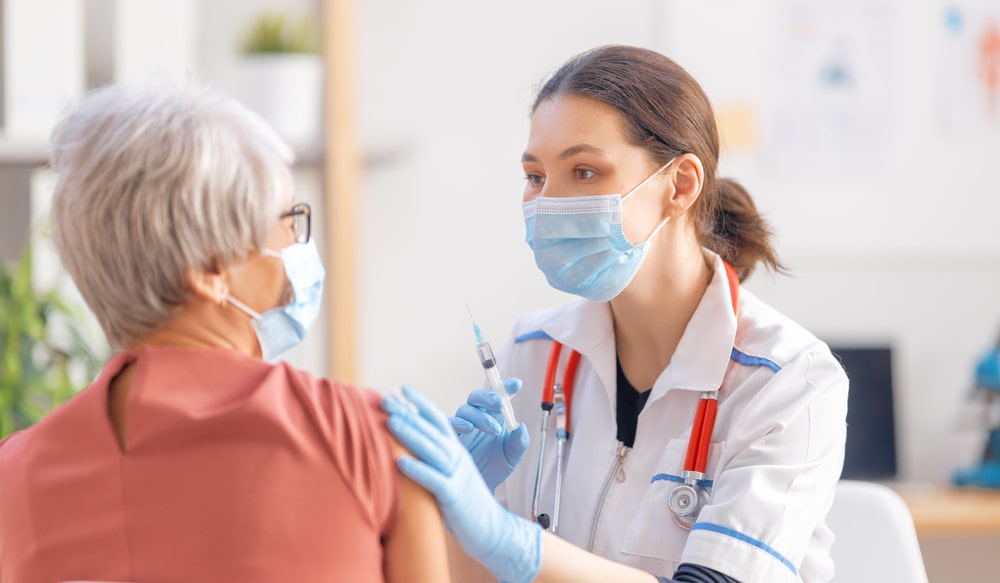National Programme For The Health Care Of The Elderly (NPHCE): In India, large numbers of people now aged 60 years or more are one of the most discussed global trends in population ageing. In India, this aged population has led in the last 50 years and will increase shortly in a harsh way. Older people accounted for 7.7% of the total population, 1 to 8.14% in the 2011 census, according to the 2011 census. This means that a significant number of individuals are expected to remain worldwide. In India, according to the rise to 8.14 per cent has tripled; longer than before.
The non-communicable disease becomes very frequent in elderly persons which affect their daily living. The national sample surveys have shown that:
- Irrespective of their socio-economic status, non-communicable diseases are very common in older people.
- The burden of morbidity in old age is large.
The 2004 National Sample Survey indicates that for older people, hospitalization rates are even higher than for the total population. Women were affected more often. than males. Very little attempt was made to improve the health model such as; health insurance, nursing home care, etc.
In India, there is no such model for elderly people. In India, the requirements for health care for the elderly are different. General health care services are currently. supplied to the elderly, but this scheme lacks the infrastructure.
The Ministry of Health and Family Welfare was interested in the following agenda concerning elderly health care needs:
- Bed reservations for the elderly at a public hospital.
- To establish a geriatric ward for older patients at all hospitals at the district level.
- Geriatric care providers’ training.
- To provide those unable to attend medical centres with new medical facilities.
- Establishing a new Chronic Elderly Disease Research Institute.
- Expansion of chronic terminal and degenerative disease medical treatment facilities.
- To include geriatric care in the nurses’ syllabus.
The National Programme for Health Care for the Elderly (NPHCE) is a joint government programme conceived under the United Nations Convention on the Rights of Persons with Disabilities (UNCRPD), the National Policy on Older Person (NPOP) adopted by the Indian Government in 1999, and Section 20 of the Act 2007 on the Maintenance and Welfare of Parents and Senior citizens, which deals with provisions for medical care for the elderly.
Vision
Table of Contents
- To provide the elderly with affordable, accessible and high-quality, comprehensive and dedicated long-term care services.
- To encourage the concept of active and healthy ageing.
- To create a new ageing architecture.
- To create an atmosphere suitable for “a society for all ages.”
Objectives of NPHCE
- Providing elderly patients with referral services through district hospitals and regional medical institutions.
- To identify health problems and provide appropriate health services with strong referral backup support in the community.
- Convergence with NRHM, AYUSH and ministry of social justice and empowerment.
- To provide the elderly with easy access to preventive, promotional curative and rehabilitative programmes.
- To build the capacity of medical and paramedical professionals to provide health care.
Strategies to Achieve the Objectives of NPHCE
- Using mass media and other communication networks to reach out to the target audience, provide knowledge, education and communication.
- Continuous programme assessment and monitoring and analysis in geriatrics and NPHCE implementation.
- A community-based approach to PHC, including home visits by qualified employees.
- Full facilities with ten bedded wards at the District Hospital, consumables and medicines, equipment and machinery, training and additional human resources.
- Complete PHC / CHC level facilities with machinery and equipment provision, training, additional human resources, etc.
- Eight Regional Medical Institutes have been strengthened by the introduction of PG courses in geriatric medicine, service training for health personnel at all levels and the provision of dedicated medical facilities for the elderly.
- Promotion of public-private partnership in Geriatric Health Care.
- To support geriatric issues, rearrange medical education.
Outcomes of NPHCE
- Geriatric clinics/rehabilitation units are set up for home visits in the CHC / PHC of selected districts.
- Video conferencing units for mentoring will be used in eight regional medical institutions.
- Human resources expertise in Geriatric Treatment in the Public Health Sector.
- Dedicated geriatric OPD and 10 bedded geriatric wards are being built in 80-100 district hospitals.
- Regional Geriatric Centers (RGC) with Geriatric OPD and 30 bedded Geriatric wards for elderly people and research will be built in eight regional medical institutions.
- Graduated from eight regional medical institutions in Geriatric Medicine.
- Sub-centres also equipped community outreach facilities with equipment.
Make sure you also check our other amazing Article on : National Tobacco Control Programme (NTCP)
